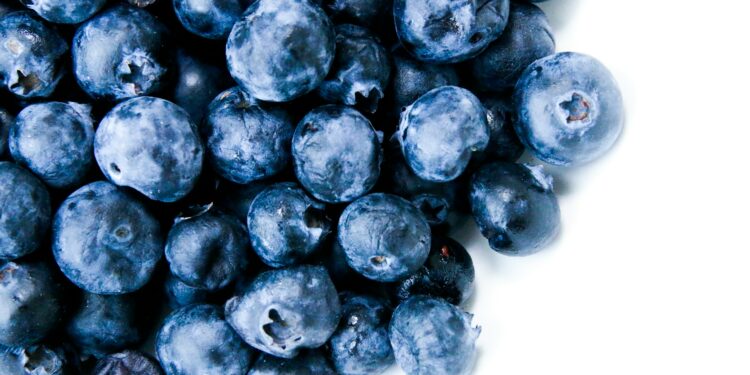They significantly reduce the risk.
A recent investigation delved into the connection between a diet abundant in flavonoids and the susceptibility to type 2 diabetes within a substantial UK populace. Although it’s widely acknowledged that plant-centric diets can mitigate diabetes risk, plants harbor an array of polyphenolic compounds, notably flavonoids, which exert diverse effects.
This research, encompassing more than 113,000 individuals from the UK Biobank, scrutinized flavonoid consumption via dietary questionnaires. Ten foods rich in flavonoids were pinpointed, and a Flavodiet Score (FDS) was computed based on their intake.
The outcomes revealed that heightened consumption of flavonoid-laden foods correlated with a diminished risk of type 2 diabetes. Each additional daily portion of these foods was associated with a 6% decrease in risk. Remarkably, tea, berries, and apples emerged as the foods linked with the most significant risk reduction.
Moreover, the study identified potential mediators such as BMI, insulin-like growth factor 1, and various biomarkers, hinting at the likelihood that flavonoids might impact weight management, glucose metabolism, and inflammation, thereby contributing to the reduction in diabetes risk.
While these findings underscore the advantages of adopting a diet rich in flavonoids to mitigate the risk of type 2 diabetes, it’s imperative to acknowledge that the study predominantly focused on middle-aged British adults and might not be universally applicable to other demographic groups.

































Discussion about this post